‘Underwater avalanches’ are creating ocean microplastics hotspots – Oceanographic
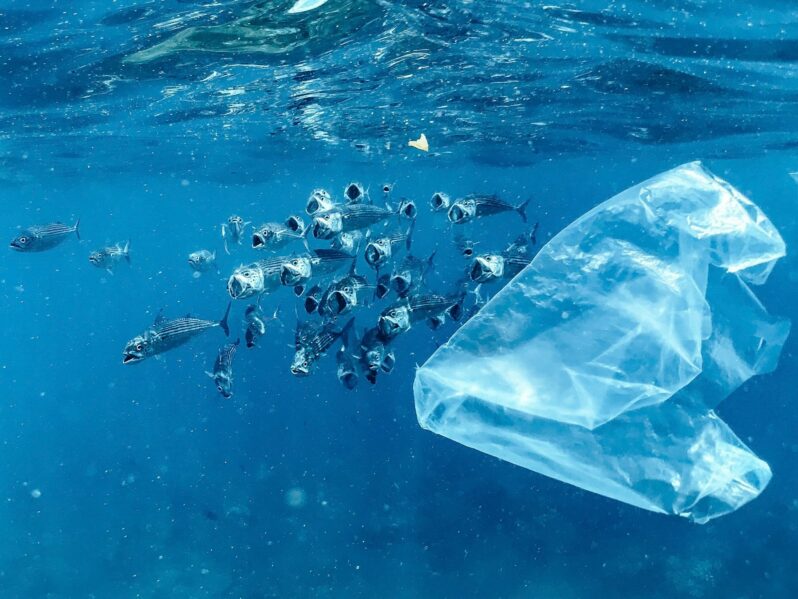
Scientists from The University of Manchester and the National Oceanography Centre have found that fast-moving ‘underwater avalanches’ known as turbidity currents are moving vast quantities of microplastics pollution to areas of high biodiversity…
How to eat and drink fewer microplastics – the Washington Post
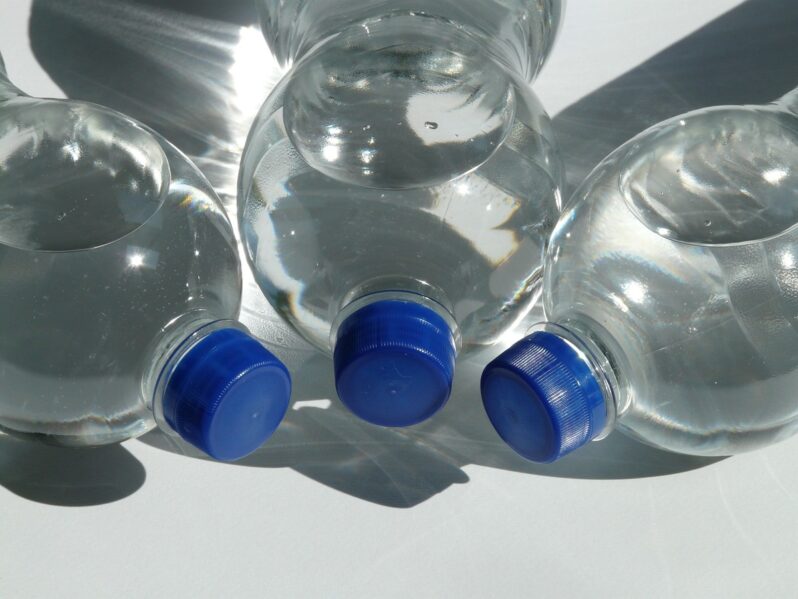
The peer-reviewed study detected microplastics in 180 of 182 samples comprising five types of fish and pink shrimp…
Study finds microplastic contamination in 99% of seafood samples – the Guardian

The peer-reviewed study detected microplastics in 180 of 182 samples comprising five types of fish and pink shrimp…
In a first, scientists find microplastics are building up deep in our brains – the Washington Post
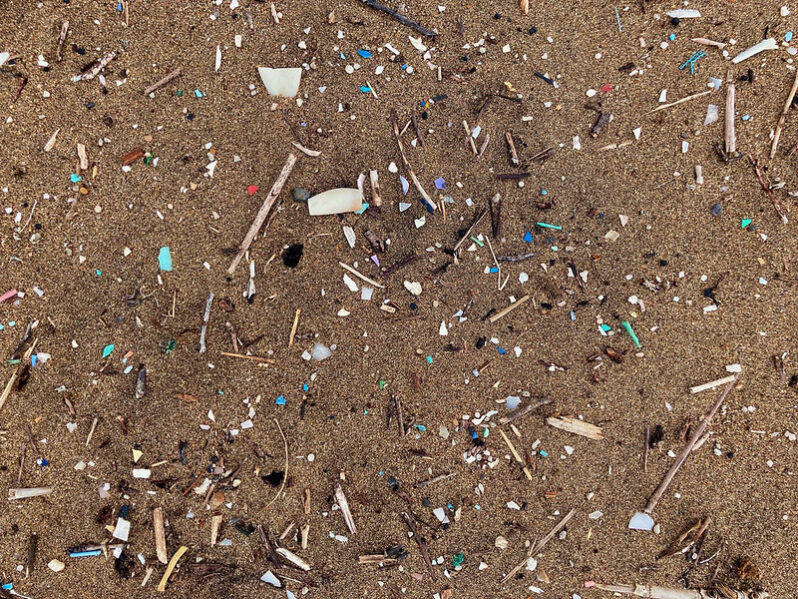
A new study shows that microplastics have crossed the blood-brain barrier — and that their numbers are rising…
The Plastics We Breathe | Interactive – the Washington Post
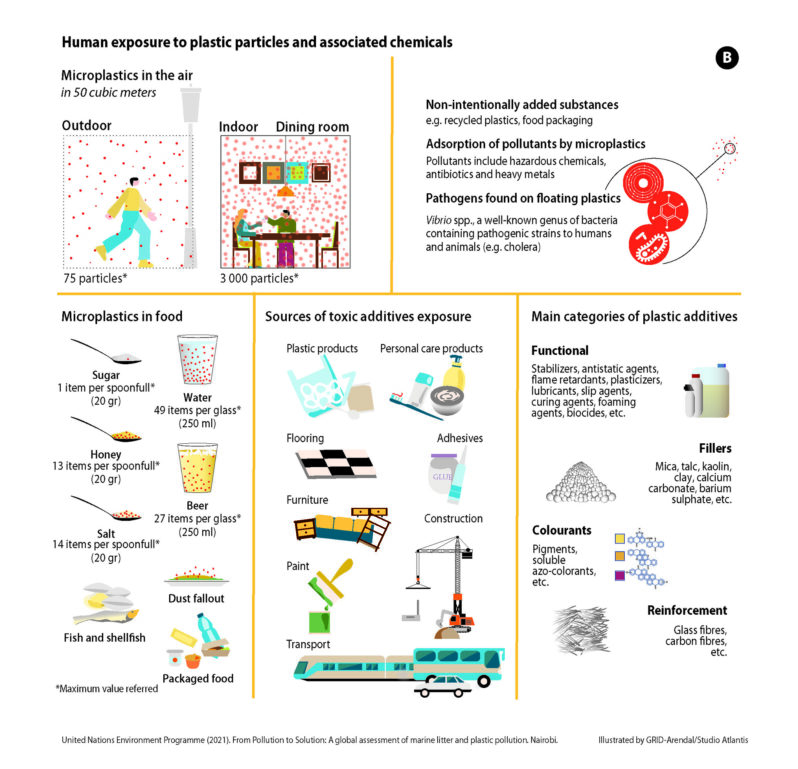
Every time you take a breath, you could be inhaling microplastics. Scroll to see how tiny and dangerously invasive they can be….
The more plastic companies make, the more they pollute – Grist Magazine

A new study, drawing on five years of data collected across 84 countries, proves what seems self-evident…
The world dumps 2,000 truckloads of plastic into the ocean each day. Here’s where a lot of it ends up – CNN
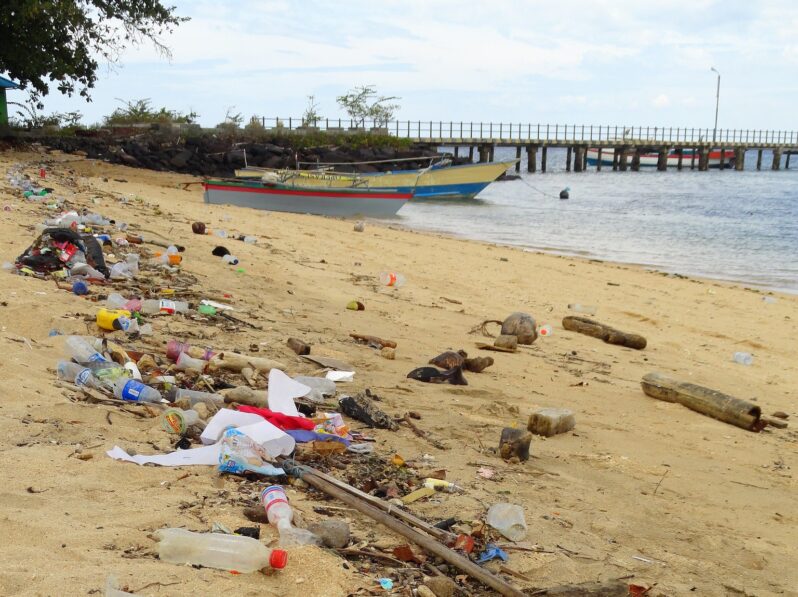
The western coast of Java in Indonesia is popular with surfers for its world-famous breaks. There’s a majestic underwater world to explore, too. But it’s impossible to surf or snorkel without running into plastic water bottles, single-use cups and food wrappers. The garbage sometimes forms islands in the sea, and much of it washes ashore, accumulating as mountains on the beach…
What will it take to get companies to embrace reusable packaging? – Grist Magazine

The Philippine capital is the latest city to address rampant plastic pollution through a community-guided protocol.
Manila Confronts Its Plastic Problem – EOS
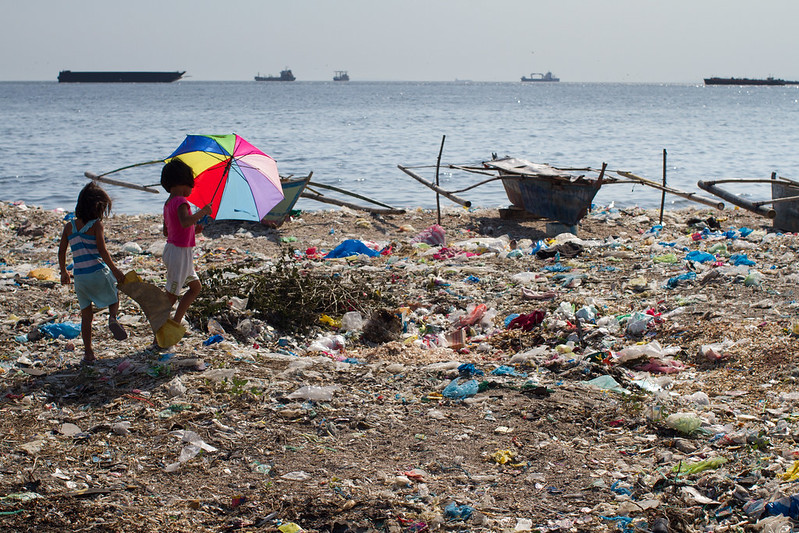
The Philippine capital is the latest city to address rampant plastic pollution through a community-guided protocol.
